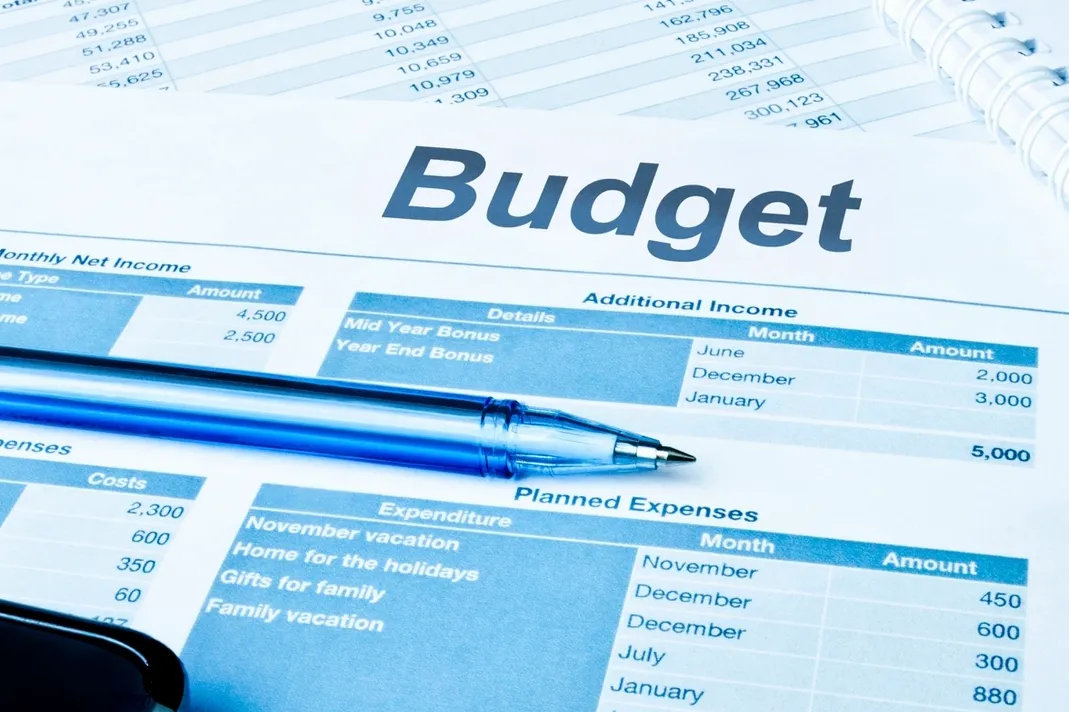Buying a home is a significant financial commitment and one of the most important investments you’ll make in your lifetime. A crucial aspect of this process is budgeting for a mortgage. Proper budgeting ensures that you can afford your monthly payments while still managing your other financial obligations. In this guide, we’ll explore the steps to create a budget for a mortgage and provide tips for managing your finances effectively.
Assess Your Financial Situation
- Calculate Your Income: Start by determining your monthly income, including salaries, bonuses, and any additional sources of revenue.
- Evaluate Your Expenses: Take stock of your monthly expenses, including rent, utilities, groceries, transportation, insurance, and discretionary spending.
- Review Your Debts: Consider any outstanding debts you have, such as student loans, car loans, and credit card balances.
- Factor in Savings Goals: Don’t forget to allocate funds for savings goals, such as emergency funds, retirement savings, and other financial objectives.
Determine How Much You Can Afford
- Calculate Your Debt-to-Income Ratio (DTI): Your DTI ratio is a crucial factor lenders consider when determining your mortgage eligibility. It’s calculated by dividing your total monthly debt payments by your gross monthly income.
- Consider Your Down Payment: Decide how much you can afford to put down as a down payment. While 20% is often recommended to avoid private mortgage insurance (PMI), there are programs available for lower down payments.
- Estimate Your Mortgage Payments: Use online mortgage calculators to estimate your monthly mortgage payments based on different loan amounts, interest rates, and terms.
- Factor in Additional Costs: Remember to budget for other homeownership expenses, such as property taxes, homeowners insurance, maintenance, and repairs.
Create a Realistic Budget
- Allocate Funds for Housing Costs: Your housing costs should ideally not exceed 30% of your gross income. This includes mortgage payments, property taxes, homeowners insurance, and any homeowners association (HOA) fees.
- Prioritize Essential Expenses: Make sure your budget includes funds for essential expenses like utilities, groceries, transportation, and healthcare.
- Trim Non-Essential Spending: Identify areas where you can cut back on discretionary spending to free up more money for your mortgage and other financial goals.
- Plan for the Unexpected: Set aside funds for unexpected expenses, such as home repairs, medical emergencies, or job loss.
Tips for Managing Your Mortgage
- Stick to Your Budget: Once you’ve established a budget, stick to it to avoid financial strain. Resist the temptation to overspend on a home that stretches your budget too thin.
- Review Your Budget Regularly: Periodically review your budget to ensure it aligns with your financial goals and make adjustments as needed.
- Build an Emergency Fund: Having an emergency fund can provide a financial safety net in case of unexpected expenses or income disruptions.
- Consider Prepaying Your Mortgage: Making extra payments towards your mortgage principal can help you save on interest and pay off your loan faster.
- Seek Professional Advice: If you’re unsure about your budget or mortgage options, consider consulting with a financial advisor or mortgage lender for personalized guidance.
Budgeting for a mortgage is a crucial step in the homebuying process. By assessing your financial situation, determining how much you can afford, and creating a realistic budget, you can achieve your goal of homeownership while maintaining financial stability. Remember to stay disciplined with your budget and seek assistance if needed to make informed decisions about your mortgage.
Have questions? We are here to help to answer any questions – We are available for you 7 days a week, even on nights and weekends.
Phone: (815) 582-9066 & (815) 593-4122
Email: [email protected]

